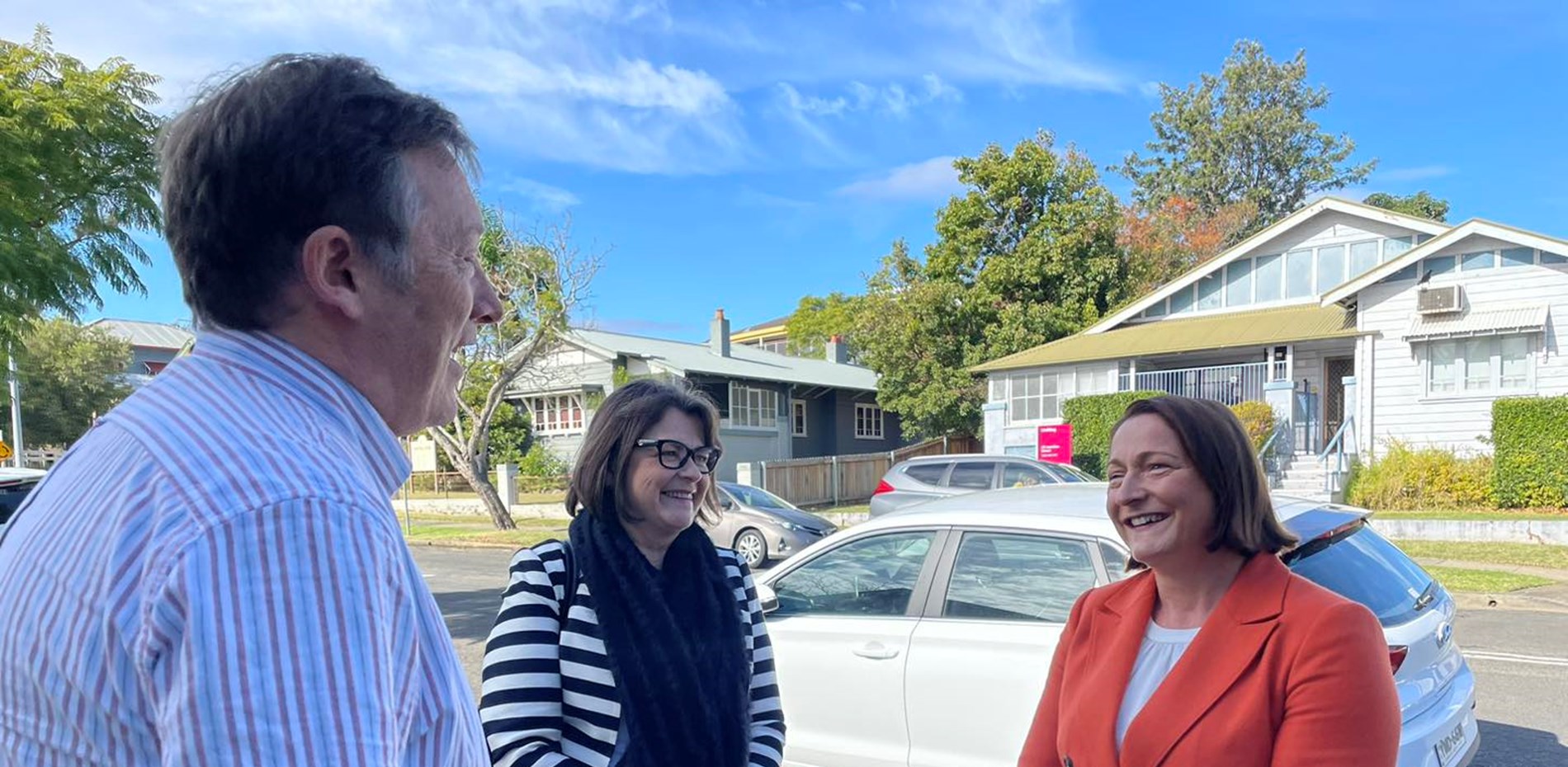Mrs PHILLIPS (Gilmore) (11:32): Right now there is probably no bigger issue for local people than the cost of living. Whether it is rent, mortgages, medicines, groceries or petrol, it does seem that everything is going up and up. But one of the challenges for government is finding ways to help people with these costs that don't in fact make the problem worse. If in response to rising inflation you pump too much money into the wrong places, what you end up with is more inflation. That's why the 10-point plan the Albanese government has developed on cost of living is targeted to the areas of highest need that will have the least impact on inflation.
We have targeted our support to low-income earners and those doing it the toughest because it doesn't encourage them to spend; it helps them keep their heads above water. In fact, the ABS September quarter data shows that the measures we have developed took half a percentage point off inflation. The policies we have put in place since coming to government are actually making a difference to people and the economy.
Health, always high on the agenda for people in my electorate of Gilmore on the New South Wales South Coast, has had a major boost. As of November, we have tripled the bulk-billing incentive to help children, pensioners and concession cardholders access a bulk-billing GP. Not only does this help them but it also helps GPs. I have heard that local doctors in my electorate have started bulk-billing again, and local GPs have told me what a difference this policy is making to them. Our indexation boost on Medicare payments is also ensuring local GPs are getting the biggest helping hand they have had in years. On top of this, we have freed up countless GP appointments and halved the cost of many common medicines with our cheaper medicines policy. Coming from an area with high rates of chronic disease and a GP crisis that has escalated for years, this is extremely welcome news. Despite the scare campaign that was run and the cries that the sky would fall in, it didn't, and local people are feeling the benefit of that. People with a Medicare card buying just one of the medicines covered by this policy will save up to $180 per year. That is on top of our reduction to the general co-payment, which brought the cost of medicines down from $42.50 to $30 from January. No-one should be choosing between food and medicine, and if people are healthy they can also continue contributing more fully to our economy—so many benefits!
We know that electricity is one of the areas hurting the most, so we've given electricity bill rebates of up to $500 to around five million households to help families, working parents and children alike. We've made child care cheaper, helping families on incomes of $120,000 with one child in care to save around $1,700 a year. That's benefiting around 4,800 local families in my electorate. That makes a very big difference to the family budget. It's another one that also has dual benefit for our economy, because it's helping parents, particularly mothers, get back into the workforce. At the same time, we're expanding paid parental leave to 26 weeks by 2026. How great is that?
The No. 1 cost for so many these days is housing. We know house prices are rising, access to affordable housing is at all-time lows and rents are skyrocketing. Our Housing Australia Future Fund will invest $10 billion to build more social and affordable housing along with our $140 million Housing Accord, and we've increased Commonwealth rent assistance by 15 per cent, benefiting 1.1 million households.
As a former TAFE teacher, I could not be more proud that we've made TAFE fee free for tens of thousands of students, because TAFE changes lives, and it benefits our economy, giving us the skilled workers we need now and into the future.
As well as bringing costs down, we have also made a big difference to the money coming into households. We've boosted income support payments by $40 per fortnight, and we've gotten wages moving again. Since we came to government, wages have been growing at an average rate of 3.6 per cent, compared with 2.1 per cent under the previous government. We've increased the minimum wage and boosted award wage earnings for our lowest paid workers, and we've given aged-care workers a 15 per cent pay rise. We're working hard, and we will keep working hard every single day to support those who need it most while ensuring we are helping our economy, not making things worse.



